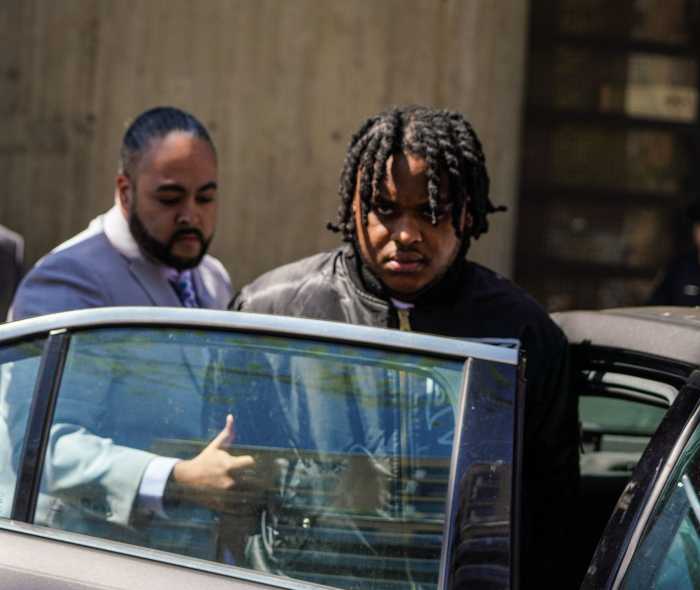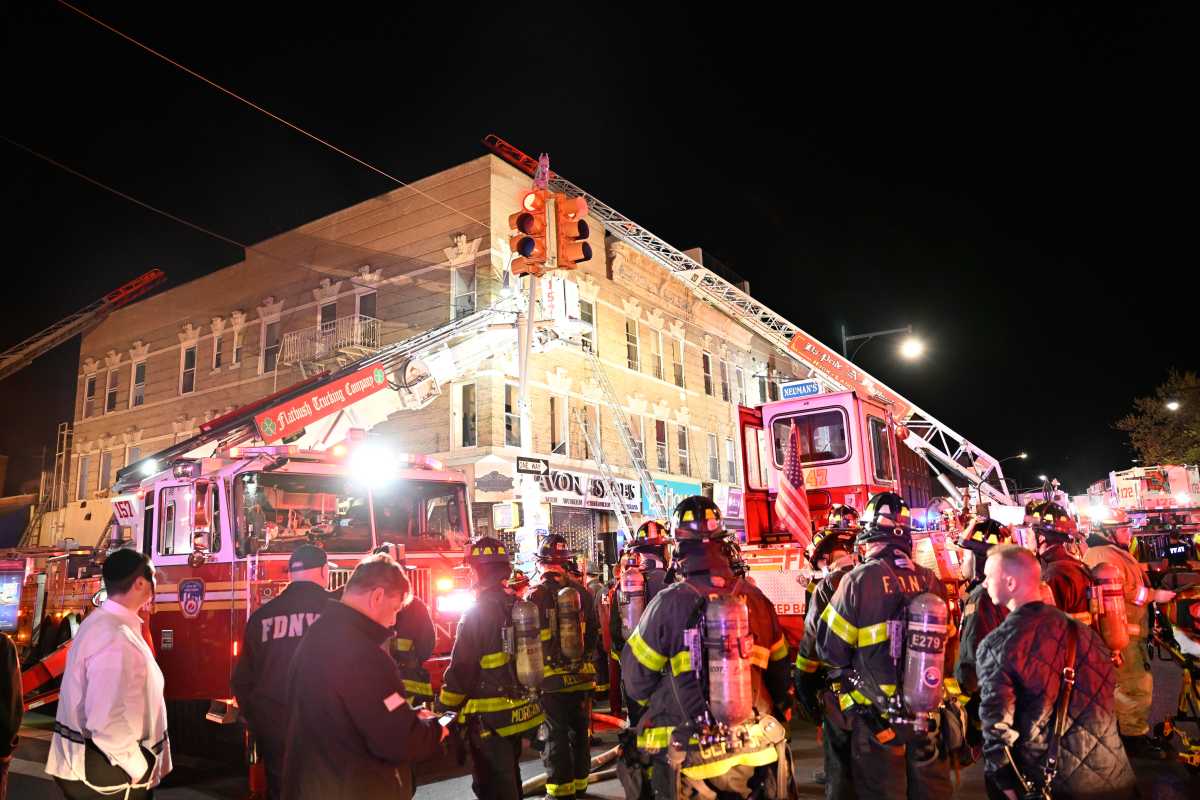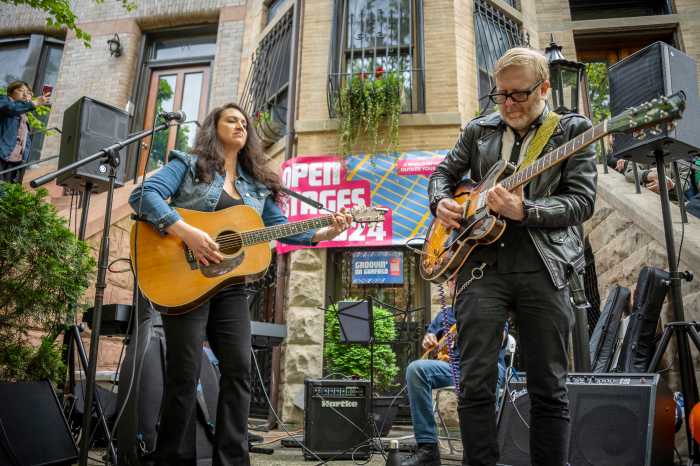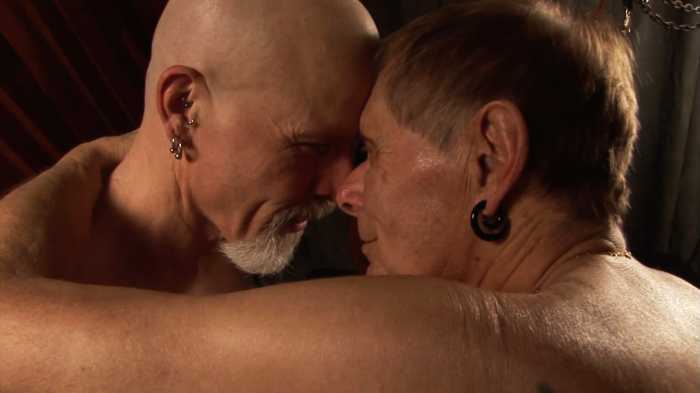The phrase “I’m here for you like air” is emblazoned on the wall above a basketball hoop in the Bronx. But it isn’t in a high school gym. It’s inside the Horizon Juvenile Center — one of two juvenile detention facilities in the city, and where all 16- and 17-year-olds at Rikers will be moved when the Raise the Age legislation takes effect Monday.
Throughout New York, the age of juvenile delinquency will be raised to 17 on Monday. The age will again be raised on Oct. 1, 2019, to 18 years old, according to the governor’s office.
“I think this is something that’s been needed for a long time,” said Susan Campos, executive director of Horizon, adding: “We have a captive audience. The questions become what are we going to do to really provide the services these kids need … We want to make them better than when they came through the door.”
The city’s Administration for Children’s Services said before the move, there were 93 total 16- and 17-year-olds at Rikers.
Newly arrested 16-year-olds will be housed at Crossroads, the city’s other juvenile detention center, in Brooklyn, according ACS. There were 33 people held at the 106-bed facility as of Thursday.
Horizon has gone through a renovation this summer to prepare for the influx, Campos said. The bedroom walls have been secured and reinforced with cement boards and steel. The doors now open outward so no one can barricade themselves inside. More cameras have been added, as well as green and red lights above the doors, so it is obvious when someone is out of their room to use the bathroom at night. There is a colorful mural in the cafeteria of a kid riding the subway — the concept designed by the kids being transferred from Rikers.
Several City Council members sent a letter to Mayor Bill de Blasio and Gov. Andrew Cuomo on Thursday, saying they feared plans to use Department of Correction officers at Horizon would turn the facility into a “mini-Rikers,” and asked for the deadline to be pushed back.
A spokeswoman for the mayor’s office, Natalie Grybauskas, said in an email: “We’re moving full steam ahead to get kids off of Rikers and we have no intention of delaying this important reform even a day. We have invested tens of millions of dollars and worked around the clock to upgrade these facilities — we are ready.”
A spokesman for governor’s office, Don Kaplan, said in an email that “absent a change in the law, an extension of this deadline is not an option. The city Administration for Children’s Services and the Department of Corrections has engaged with all municipalities for more than a year to implement this law.
“Specifically, as it relates to New York City, the City provided the state with a comprehensive training plan to ensure readiness of ACS counselors and DOC officers and state officials are on site at the Horizons Youth Center to monitor the movement and safety of Rikers’ youth. We understand that, with the exception of a few renovations, all significant construction has been completed at Horizons and no construction equipment is being maintained in an unsafe location. That said we will continue to work with city officials on whatever remaining concerns they have with implementation.”
Horizon also has not been immune to accusations of misconduct. In May, a New York Post article outlined allegations that workers at the facility offered special treatment to juveniles in exchange for sexual favors. In the story, former counselor Nathalie Medford was accused of having inappropriate sexual relationships with at least three male residents. A spokeswoman for ACS said Medford has not worked at the facility since 2014, and that the agency started to implement changes in the spring of this year, including creating a new way for the kids to report complaints, increasing training, and revising practices to ensure more overnight checks.
Ultimately, Campos said she believes the services Horizon offers will be beneficial for the kids who are placed there.
“They’ll have the opportunities also to engage with people that they didn’t have the opportunities to engage with at Rikers,” she said. “You’ve got to hold them accountable, but you also have to teach them respect and responsibility. You’ve got to understand they’re still kids.”
































